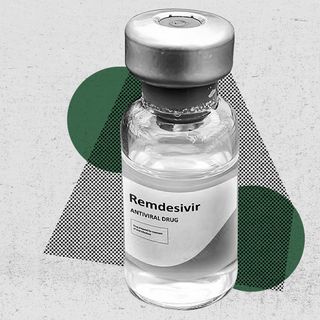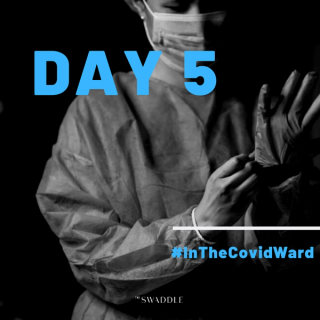Whoopi Goldberg, Donny Osmond and Kim Basinger have something in common other than fame — it is avoidant personality disorder, or simply, AvPD. This disorder is estimated to affect around two percent of the general adult population. However, a twin study of young adults found that AvPD affects 1.4 percent of men, and 2.5 percent of women.
What is avoidant personality disorder?
AvPD is characterized by patterns of severe social anxiety and inhibition, feelings of inadequacy and inferiority, extreme sensitivity to criticism and rejection, and avoidance of social interaction to the extent that a person suffering from AvPD may choose loneliness rather than risk trying to connect with others despite craving, or at least not being averse to, intimacy.
AvPD is often confused with social anxiety disorder. However, while those suffering from social anxiety disorder do not necessarily have a low self-esteem, and often know their fears are irrational, a person with AvPD also has an extremely low-self esteem that convinces them they are actually inferior to others, and therefore, rejection and humiliation are not only inevitable, but well deserved — a natural result of their perceived inferiority.
What are the symptoms of avoidant personality disorder?
The fifth Diagnostic and Statistical Manual, or DSM-5, lists the following criteria for AvPD in individuals:
- Avoids occupational activities that involve significant interpersonal contact because of fears of criticism, disapproval, or rejection;
- Is unwilling to get involved with people unless certain of being liked;
- Shows restraint within intimate relationships because of the fear of being shamed or ridiculed;
- Is preoccupied with being criticized or rejected in social situations;
- Is inhibited in new interpersonal situations because of feelings of inadequacy;
- Views self as socially inept, personally unappealing, or inferior to others; and/or
- Is unusually reluctant to take personal risks or to engage in any new activities because they may prove embarrassing.
Related on The Swaddle:
Histrionic Personality Disorder Can Cause an Overwhelming Need for Attention
Meeting four or more of the above criteria, generally, leads to a diagnosis of AvPD. However, because personality disorders often involve long-standing patterns of behavior that endure for years, AvPD is most often diagnosed in adulthood.
These symptoms can manifest in a wide variety of ways, impacting the person’s social and professional life. In addition, people with AvPD are often too scared to speak up for fear of embarrassing themselves in front of people by either saying the wrong thing, or fumbling, or stammering, or simply, doing anything that they believe they are going to be ridiculed for — they have a very low threshold for criticism and imagine themselves to be inferior to others. Experts believe that an individual suffering from AvPD also spends a great deal of time anxiously observing and assessing signs of approval or rejection from those around them.
What causes avoidant personality disorder?
The causes of AvPD aren’t clearly defined yet, but experts believe that it is caused by a combination of social, genetic and psychological factors. Childhood emotional neglect, and rejection by peer groups, are often associated with an increased risk for the development of AvPD. In addition, psychologists also believe that inherited or developed temperamental factors in childhood and adolescence, like shyness, isolation, and avoidance of strangers or new places, could lead to AvPD if the individual does not grow out of such behavior as they approach adulthood.
What is the treatment for avoidant personality disorder?
Like with most personality disorders, psychotherapy is the main treatment for AvPD. Cognitive behavioral therapy can help patients of AvPD overcome fears, change toxic thought processes and behaviors, and help them cope better with social situations.
In terms of prescription drugs, while there’s currently no medication that specifically targets AvPD, psychiatrists often adopt a symptom-based approach and prescribe medications for disorders such as depression or anxiety if the patient exhibits them manifestations of their personality disorder.




